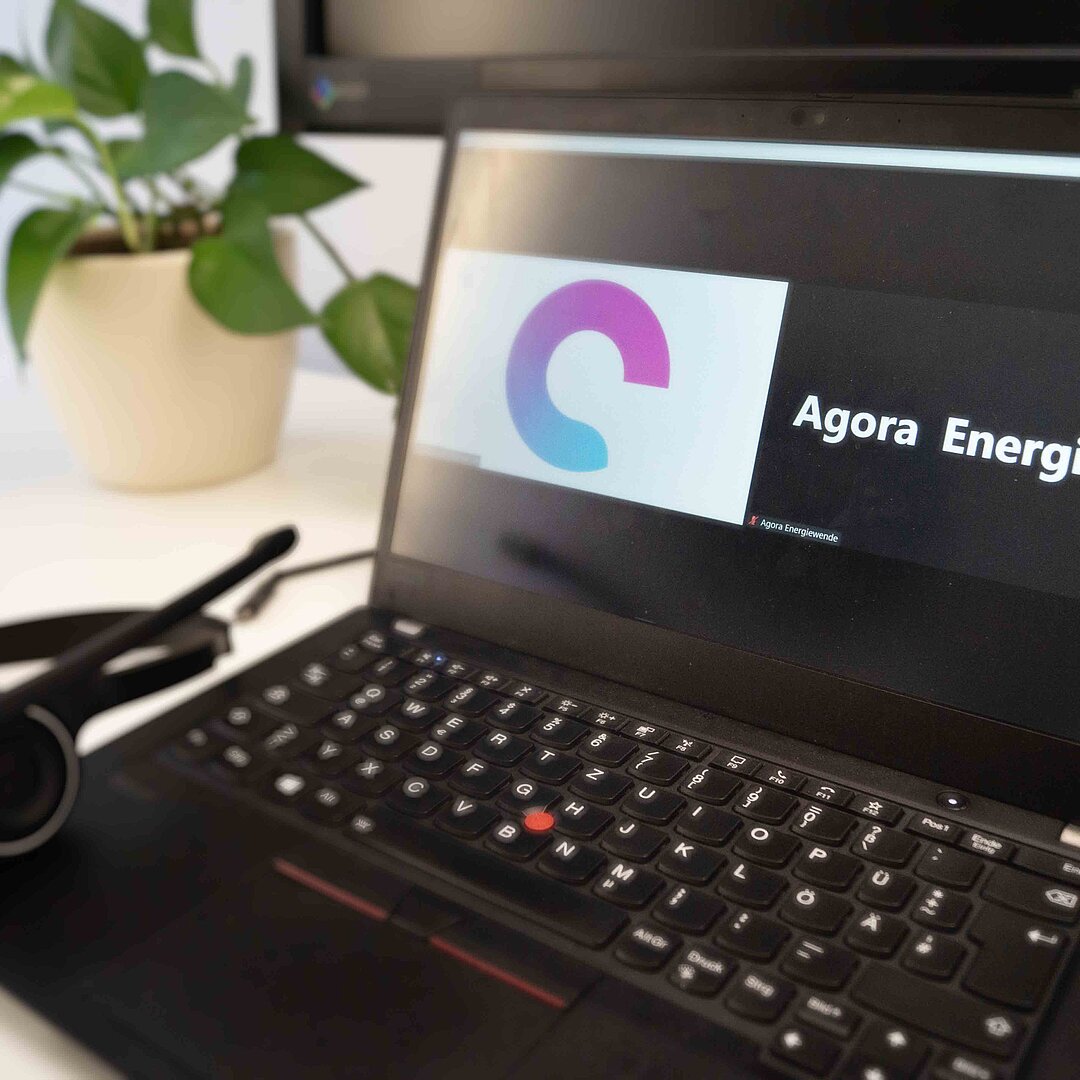-
Regaining Europe’s energy sovereignty requires the frontloading of investment in energy efficiency and the more rapid deployment of wind and solar PV.
Speeding up the reduction in fossil gas consumption with investment in buildings and industrial plants, as well as in district heating, renewables and power grid expansion, will add €40 billion per year to the EU-wide public green spending needs in 2022–2027.
-
European solidarity calls for enabling all EU countries, including those with limited fiscal capacity, to deliver the RePowerEU Plan – which will require additional EU funding of €100 billion (€80 billion in grants, €20 billion in loans).
Using the existing Recovery and Resilience Facility (RRF) for this purpose would make funds available in the 2022-2027 timeframe and allow – together with the unused RRF loans – to scale up investment quickly.
-
Member States should review current spending plans for EU funds and minimise grant support while maximising the use of alternative financing support instruments.
However, the current EU budget (2021–2027) only allows for marginal adjustments and does not offer sufficient funding for all types of investment needed to deliver the RePowerEU plan.
-
The top-up to the Recovery and Resilience Facility can be financed with revenues from other climate instruments.
One plausible option for financing the additional debt service of €2.9 billion per year in 2028–2058 is to use a share of revenues from carbon pricing, including the proposed ETS for transport and buildings.
Delivering RePowerEU
A solidarity-based proposal for financing additional green investment needs
Preface
In March 2022, EU heads of state agreed to phase out the EU’s dependency on Russian fossil fuel imports as soon as possible. The Commission has developed a plan, called RePowerEU, to achieve this goal. Its publication is scheduled for 18 May 2022.
It is clear that investment in efficiency and renewables needs to be accelerated and that this will require increased public spending between 2022 and 2027. Less clear, however, is whether EU solidarity will be sufficient to cover the additional public funding needs. Our analysis quantifies the additional public-sector expenditure required to accelerate investments that structurally reduce fossil gas consumption. We argue that without fresh EU funds some Member States will have difficulty delivering on the RePowerEU plan, as they have limited fiscal capacity given the effects of the pandemic and impending economic slowdown.
This paper aims to stimulate discussion on the need to match elevated green and energy security ambition with new EU funds. Our analysis of national financing needs and available EU funds suggests that bolstering the existing Recovery and Resilience Facility by €100 billion would appear sufficient to deliver on the RePowerEU plan and regain Europe’s energy sovereignty by 2027.
Key findings
Bibliographical data
Downloads
-
pdf 700 KB
Delivering RePowerEU
A solidarity-based proposal for financing additional green investment needs











